On Friday, my neighbor Kerry was packing her old Subaru. She and her husband were getting a divorce. Selling the place. I went out to say goodbye.
There’s always a little bit of awkwardness when discussing divorce. What do you say? Congratulations? Lucky, no kids?
She said she was headed for Hood, Oregon. Her kayaks were loaded on top of the hatchback. All her worldly possessions in the back. We had talked about kayaking one night over drinks with her husband. She’s younger than my daughters, I’m guessing twenty-five or twenty-six, and several years younger than I was when I headed west.
My first daughter had just been born, and the timing was bad. I’d like to say kayakers are lowlifes. Everyone except me back then. But that’s not an excuse. I asked Kerry if she was taking the northern route. She was.
We’d taken US 94 west across the great plains to check out and run the rivers dropping out of the Absaroka and the Beartooth into the Missouri; the Madison, the Gallatin, the Jefferson. The “we” being Tim, Mary, George, Becky and his old van. The water was cold and fast and good for trout downstream. There was no plan, no itinerary, sort of follow our youthful impulses. After that we headed into Wyoming to connect with another contingent of kayakers.
Boaters are like small animal groups. Each group has its own home territory; Minneapolis, Boulder, West Virginia. After a period of running rivers across the country, you begin to know them all. Where people are from, which ones are jerks, and who’s the big dog. Competing in events. Trying to get first descents of un-run rivers, and firsts for particular class fives or sixes. It’s all great fun and a little juvenal.
I remembered this trip talking to Kerry and her husband, because she asked me if I’d known Tim Sada. I said yes. He’d been on part of the trip with us. As I knew him, he was a bit crazy. No monoamine oxidase inhibitors in his system, a way of saying he had no fear. He had the tendency to paddle alone on really big water. Years later, I heard he killed himself on some strainer in a nameless rapid. Doing what he loved.
I’d run safety for him on the upper Arkansas, a good class 5. He’d bought it within twenty seconds of entering the river, failed to roll four times, and was now swimming, if that word can be used. He had already missed two other throw ropes. The current was at least 15 mph and he was moving fast downstream. He caught site of me for second, then went under. When he came up, I threw the safety rope and somehow dropped it into his outstretched hand. I wrapped it around the nearest bolder. He literally surfed into shore. He was lucky, then.
Kerry was somehow impressed that I’d known him. These were the ‘old days,’ almost forty years ago. Skies were bluer, the water colder, time was slower. Over drinks that night, I asked her if she was in it for the social connection, or for the water? She had said, she wanted to be the best female boater in the upper Midwest. That sort of answered the question. I suggested that the social aspect of boating could be intoxicating. Sitting around the campfire, telling stories, drinking. There’s certain amount of bullshit and machismo that some people like. Then there’s the mating side. On our trip, Wendy was married to Terry, but liked Fred, and would later marry him. George was into Becky, but it was temporary, and almost got us kicked out of one campground when they woke up children in the next campsite. A social anthropologist would have no trouble studying different sporting rituals between individuals and groups.
I told Kerry and her husband about a time on the Arkansas when I dropped into a standing wave. I was running cleanup for a group and we’d passed most of the good stuff. I was alone. The air was desert dry, you name the metaphor for the sky, water cold and clear. I put my paddle on my deck and surfed, shifting my weight to stay in the wave. Athletes will tell you about Zen moments in the middle of a game. This was mine. I watched the water droplets dance in the sun and felt the river pass through me. Time does slow down. It could have been 30 seconds or an hour. I grabbed my paddle and rolled upside down and was carried down stream. Underwater, I watched the rocks and the boulders pass overhead. I saw trout in the eddies, with calm water over their heads. Waiting for flies to be delivered. When I rolled up, I knew something else. I knew my days of boating across the country were coming to an end. We’d do Royale Gorge next. From there I went home and fell in love, first with one daughter, and then another.
In the years to come, I would turn down a trip on the Colorado and then to South America. People stopped asking if I was going to this or that river. I held onto my boat for a long time after I threw out my back. The boat was a reminder. I sometimes still miss the waters.
That was what I told Kerry and her husband that night. You have to make a decision about why you boat. Is it the connection to the water or the social life? I suppose it can be both. But if it’s not the water, then like the bonds of water, the connections of boaters and people can be temporary.
So we stood there looking at her car and her boats, and I tried to think of something to say. Finally, I managed, ‘I hope you have good snowpack.’ The water of the west all starts with snow. A snowflake births a drop of water and like memory they flow downhill. More and frequent droughts are changing this. I still pray for snow.
We said goodbye. I doubted I would see her again. But the next day, I saw her watering flowers at her house one last time. It seemed a little sad, and I whispered through my window, “Just go, just go.”
We Are All Connected. Savor the Earth!
Hobie,
L. Hobart Stocking
SkyWaterEarth.com
hobart@skywaterearth.com
651-357-0110
Facebook: @SkyWaterEarthConnected
Twitter: @SkyWaterEarth

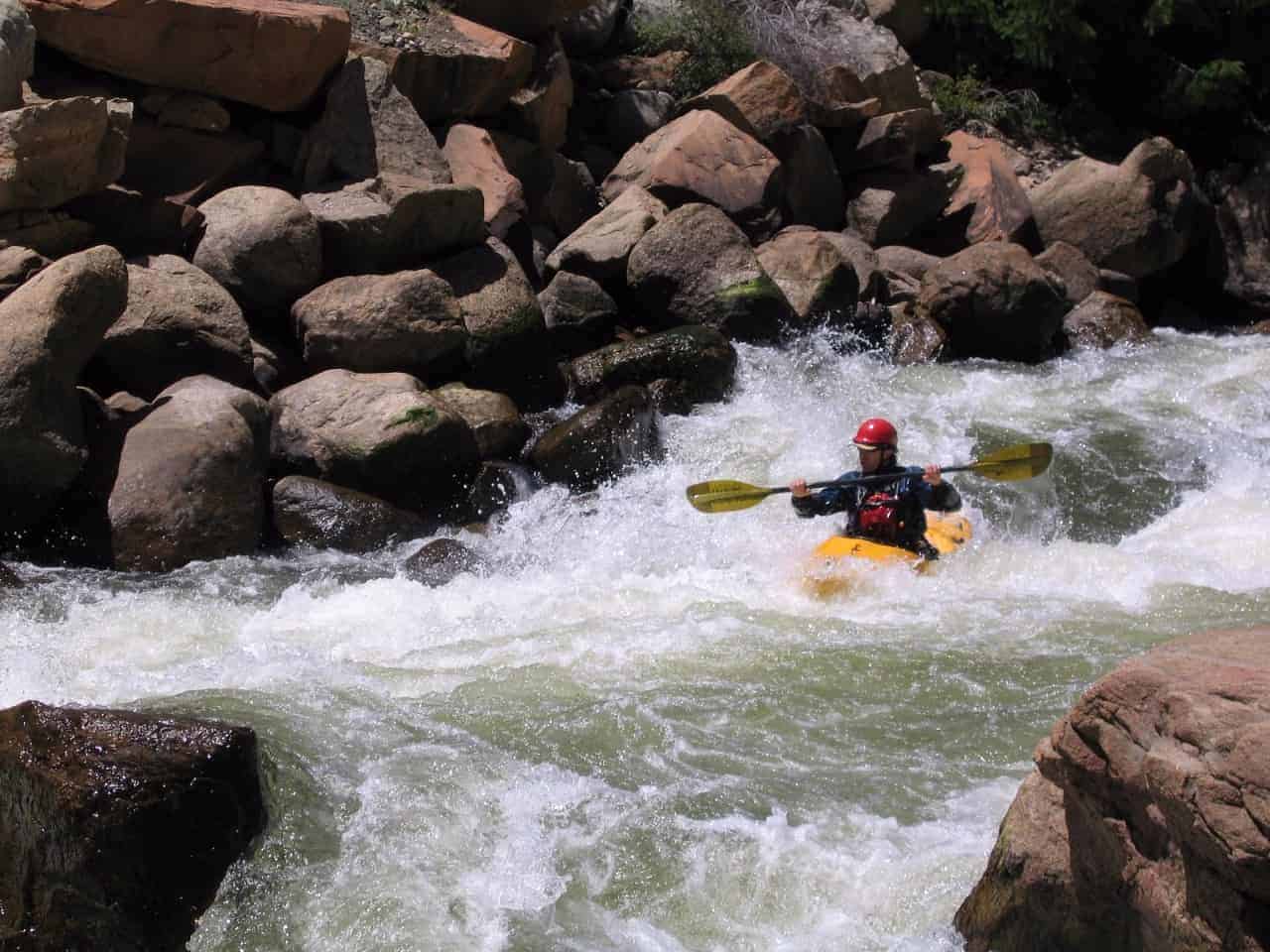
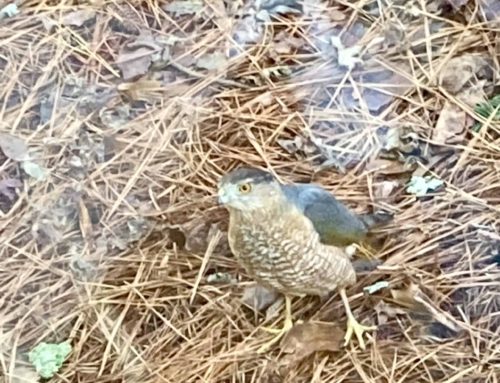
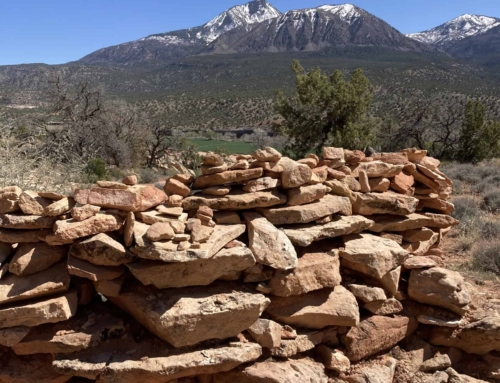
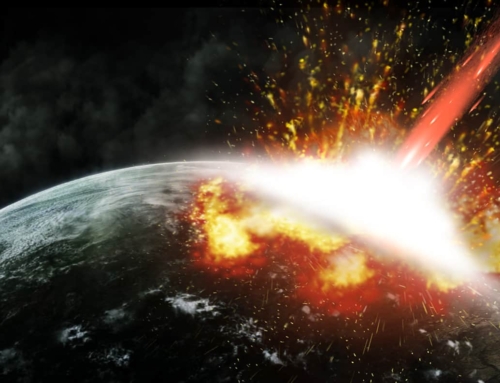
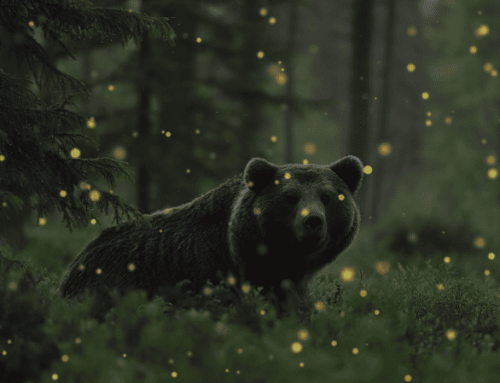
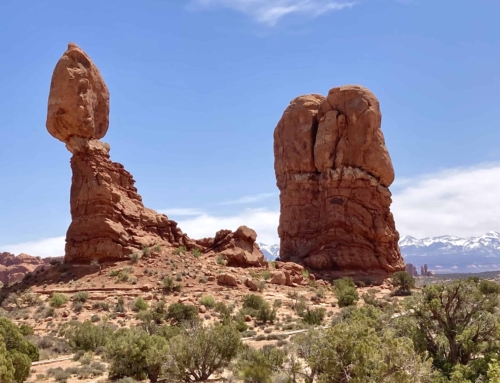
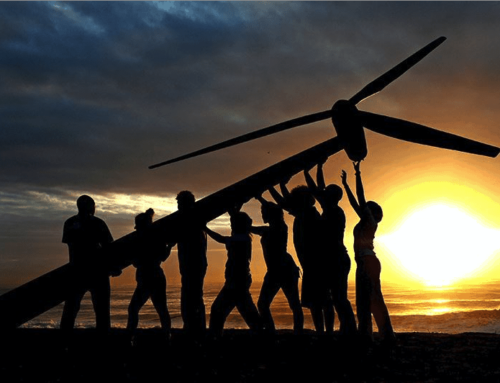
I forgot you kayaked! The Arkansas River is basically my second home and has been for over 40 years. I’m still paddling Royal Gorge and the Numbers every year, as well as Browns Canyon, but I stopped doing Pine Creek about 15 years ago. I just no longer need that hormonal rush I desired when I was younger. I currently have two invites to paddle the Grand Canyon in 2018, but not sure if I will accept either since both are late in the year when the sun is lower and the shadows get longer and cooler. I’ve done the Grand 6 times over the years so one more time is not as compelling as it once was.